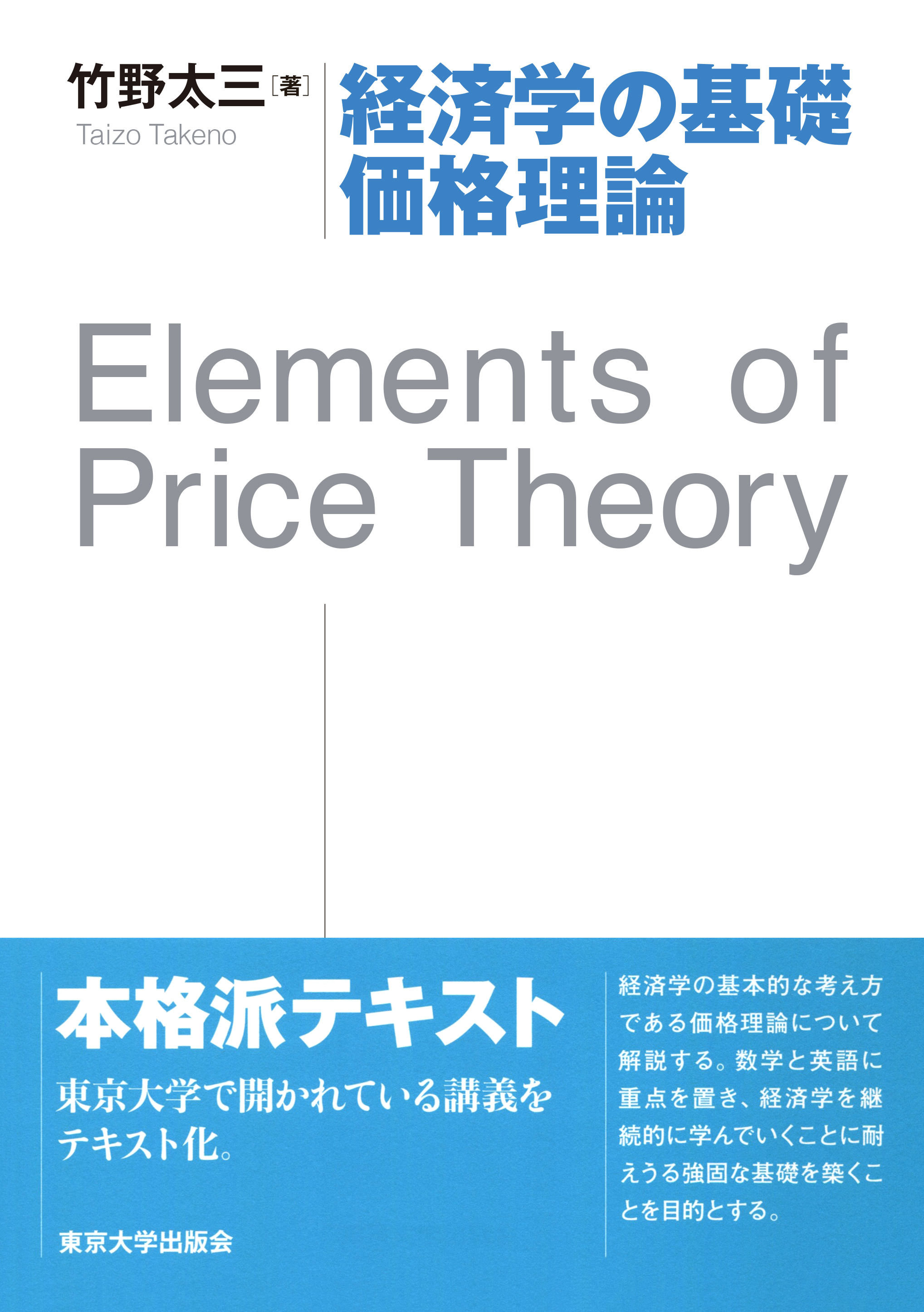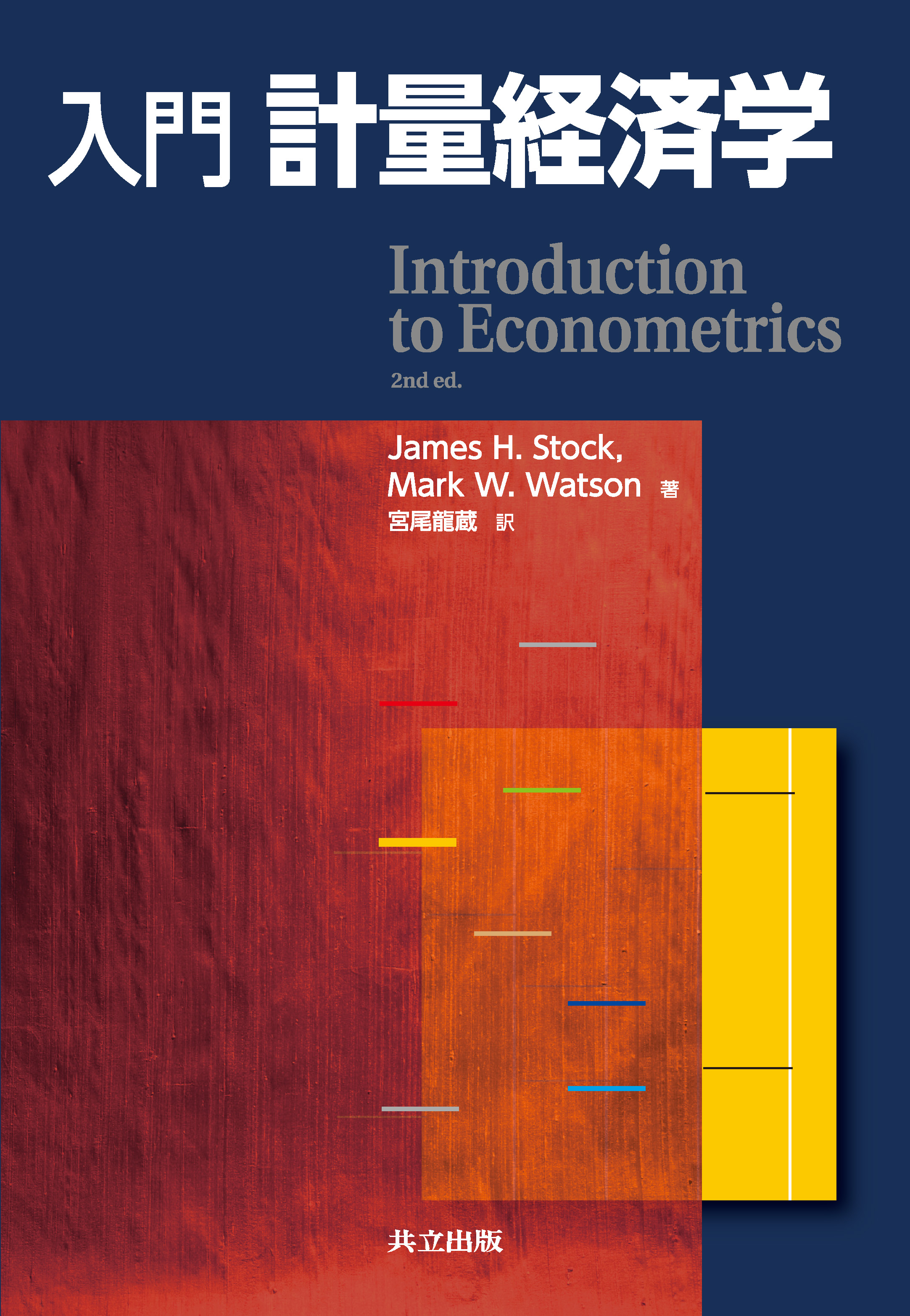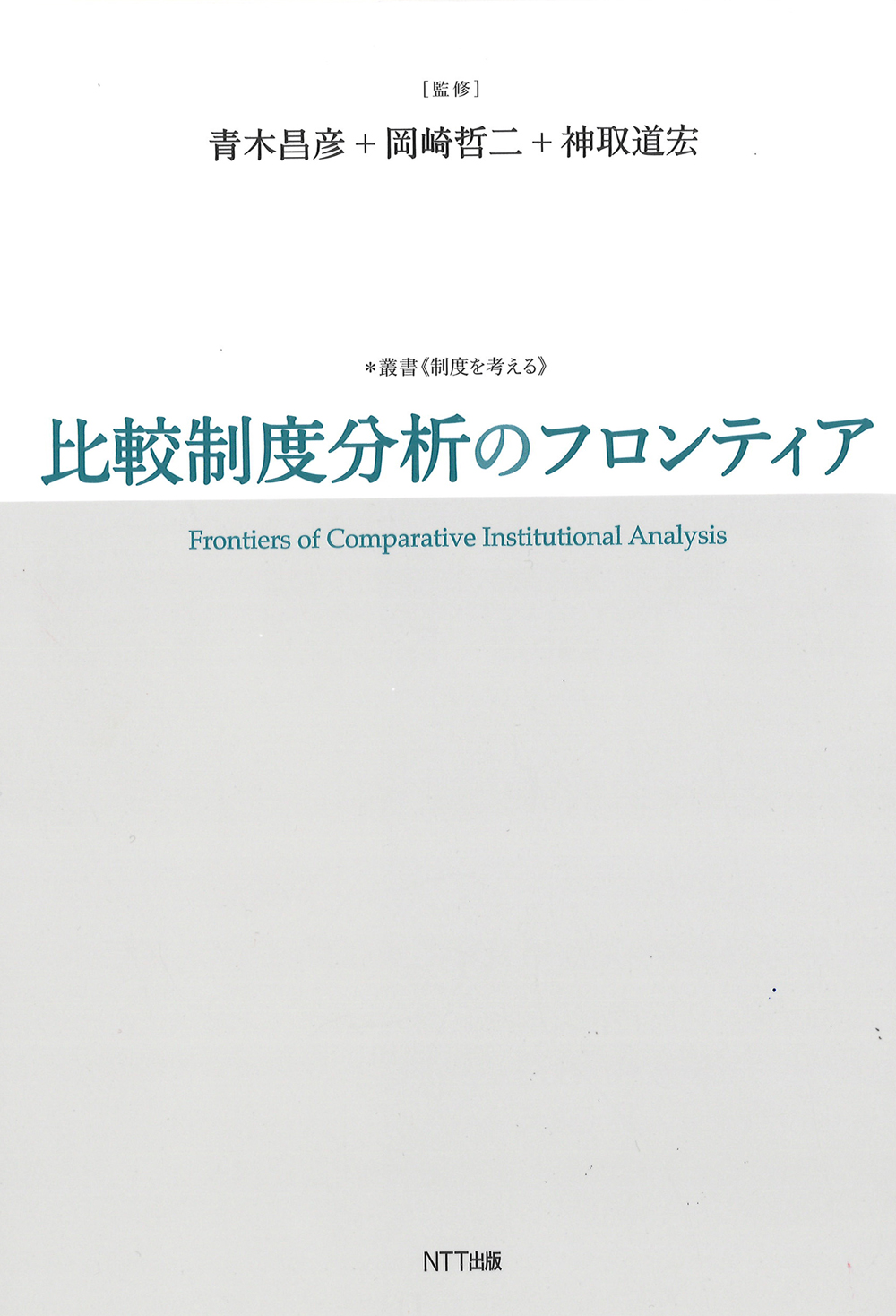
Title
Micro Keizaigaku no Chikara (The Power of Microeconomics)
Size
552 pages, A5 format
Language
Japanese
Released
September 25, 2014
ISBN
978-4-535-55756-7
Published by
Nippon Hyoron sha co., Ltd.
Book Info
See Book Availability at Library
Japanese Page
This is an extremely interesting book, if I may say so myself, and I would like to recommend it to everyone. Believe it or not, economics is a field that provides plenty of opportunities to experience moments that will make you say, “No way,” “Wait, really?” and “This is so eye-opening!”
I am sure that when people hear the word “economics,” they think, “I am not interested in a sordid moneymaking subject,” or “All that stuff about taxes and pricing is so boring; I want to hear as little about it as possible.” When compared to popular topics, such as the Big Bang theory, genetic engineering, and cutting-edge computers, it does seem relatively dull, doesn’t it?
However, no matter how horribly uninteresting it might seem at first, and no matter how much you may doubt that any part of it will truly satisfy your intellectual curiosity, the deeper you dig into economics, the more you will start to see stunning mechanisms that drive our society.
To understand why, let us think about the following. In order to manage the economy, it seems as if somebody would have to create an orderly plan, and someone must become the “leader” to ensure that everything is going well, right? Does it seem that if there were no leader and everyone did whatever they wanted, the economy would fall apart?
Actually, for some reason, the “everyone doing their own thing with no leader” approach works remarkably well. Economics is what explains why that is and the reason it works.
To further whet your intellectual curiosity, I will put it this way: there are mathematical principles behind why uncoordinated and unorganized economic planning works so well (we call this a decentralized decision-making system), and this book explains them in a way that you are guaranteed to understand (including the necessary mathematical methods), even if you have no background in economics. Are you starting to get interested?
Another feature of the book is the large number of compelling real-world examples that demonstrate how surprisingly well the mathematical theories match up to real phenomena. If you want to learn about the extraordinary mechanisms that drive our society and to discuss politics armed with that knowledge, or even if you’re incredulous that such economic mechanisms could possibly exist, I am confident that you will enjoy this book.
(Written by KANDORI Michihiro, Professor, Graduate School of Economics / 2017)
Related Info
Mighty Microeconomics - Guide to Thinking Like An Economist published by Cambridge University Press, 2023
https://www.cambridge.org/highereducation/books/mighty-microeconomics/E0E3A228770E3F4BEA40104D1AE9DABB#overview



 Find a book
Find a book


 eBook
eBook










